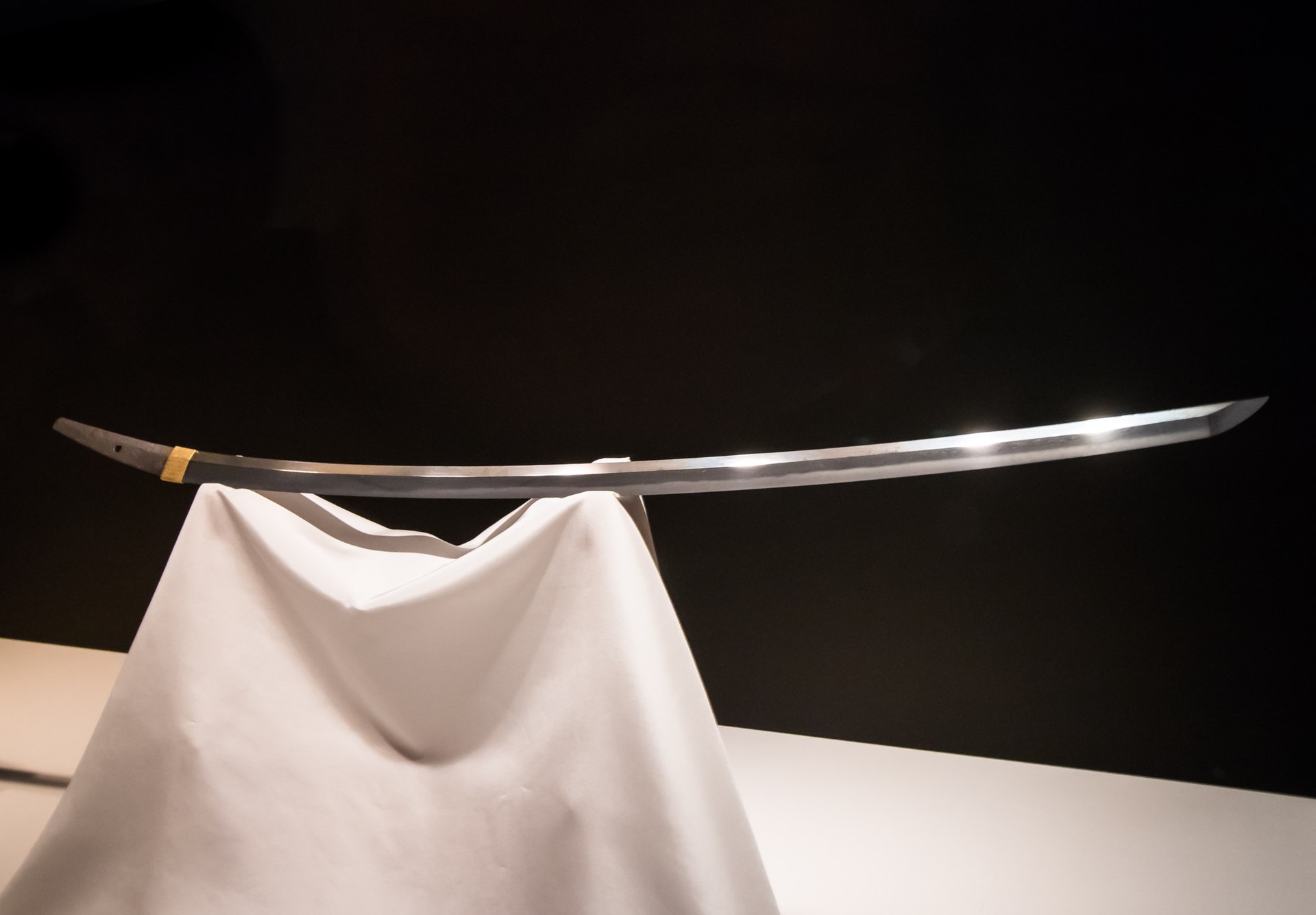Pythia

Pythia (/ˈpɪθiə/; Ancient Greek: Πυθία [pyːˈtʰíaː]) was the title held by the high priestess who served as the Oracle at the Temple of Apollo in Delphi. In English, she was sometimes called the Pythoness. The Pythia was established by the 8th century BC at the latest, though some estimates date the shrine's origins as early as 1400 BC.
She became widely renowned for delivering prophecies while possessed (enthusiasmos) by Apollo. By the late 7th century BC, the Pythian priestess had reached pre-eminent status and continued to be consulted until the late 4th century AD. During this period, the Delphic Oracle was the most prestigious and authoritative among the Greeks, making the Pythia one of the most powerful women in the classical world.
The oracle is extensively documented in classical literature, mentioned by numerous authors including Aeschylus, Aristotle, Herodotus, Plato, Plutarch, and Sophocles. Despite this rich documentation, precise details about the Pythia's prophetic methods remain scarce. Classical period authors (6th-4th centuries BC) treated the process as common knowledge requiring no explanation.
Later accounts (1st century BC-4th century AD) offer conflicting descriptions. One popular narrative claimed the Pythia delivered oracles in a frenzied state induced by vapors rising from a rock chasm, speaking unintelligible words that priests interpreted and transformed into poetic hexameter prophecies. However, scholars like Joseph Fontenrose and Lisa Maurizio have challenged this view, arguing that ancient sources consistently portray the Pythia as speaking intelligibly and delivering prophecies in her own voice.
Herodotus, writing in the fifth century BC, specifically describes the Pythia speaking in dactylic hexameters.


